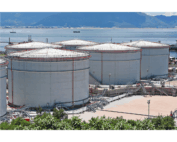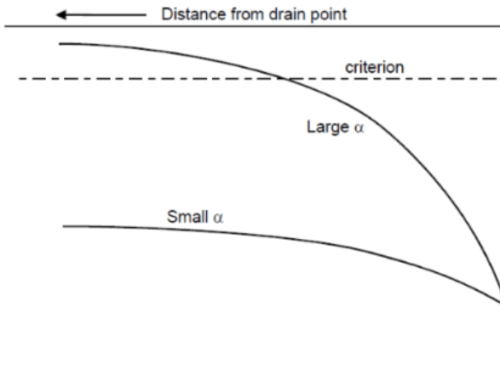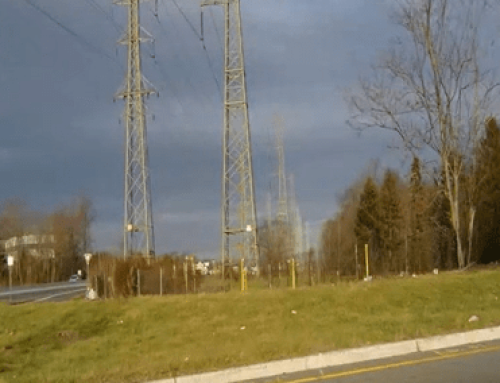The Complexities of AC Mitigation: Insights from Joe Pikas
By Joe Pikas
As our infrastructure becomes increasingly dense, with pipelines and high-voltage power lines often running parallel to one another, the risk of alternating current (AC) interference—a phenomenon that can accelerate corrosion and compromise pipeline integrity—has become a pressing concern. Drawing on years of experience and recent insights from our educational webinars, I’d like to explore the background of AC Mitigation, the struggles engineers face, and the pioneering solutions offered by the AC Mitigation PowerTool (ACPT).
The AC Mitigation Challenge
AC interference occurs when a pipeline, due to its proximity to electrical transmission lines, becomes subject to induced interference voltages and currents. This can lead to increased corrosion rates and, in severe cases, pose a risk to both the pipeline’s integrity and the safety of the pipeline personnel and public. Traditionally, engineers have relied on a combination of field measurements, manual calculations, and experience-based estimates to devise mitigation strategies—a process that is not only time-consuming but also fraught with potential for error, given the complex interplay of environmental, electrical, and material factors.
Struggles and Pain Points
One of the main pain points in AC mitigation is the difficulty of accurately assessing the extent and potential impact of AC interference. This requires a deep understanding of electrical engineering principles, soil resistivity variations, pipeline coating characteristics, and more. Moreover, each pipeline’s unique geographical and infrastructural context further complicates this task. Engineers often struggle with:
- Gathering and integrating vast amounts of data from diverse sources
- Predicting the behavior of AC currents in complex environments
- Designing effective mitigation measures that are both efficient and cost-effective
How the AC Mitigation PowerTool (ACPT) Helps
Recognizing these challenges, we developed the AC Mitigation PowerTool (ACPT) to empower engineers with a comprehensive, user-friendly solution. The ACPT is designed to streamline the AC mitigation process by offering advanced modeling capabilities that can accurately simulate the interaction between pipelines and electromagnetic fields. Here are some key benefits:
- Advanced Simulation Capabilities: The ACPT allows for the modeling of complex scenarios, including varying soil resistivities, multiple power lines, and the cumulative effects of adjacent pipelines. This enables a more comprehensive assessment of AC interference risks.
- User-Friendly Interface: Designed with the engineer in mind, the ACPT features an intuitive interface that simplifies data input and analysis, making advanced AC mitigation strategies accessible to all levels of expertise.
- GIS Integration: By incorporating Geographic Information System (GIS) data, the ACPT provides a spatial context to AC interference analysis, enhancing the accuracy of simulations and the design of mitigation plans.
- Comprehensive Reporting: The tool automatically generates detailed reports that support compliance with industry standards and regulatory requirements, ensuring that mitigation strategies are not only effective but also verifiable.
Empowering Engineers for the Future
As we continue to navigate the complexities of modern pipeline engineering, tools like the ACPT will be invaluable in ensuring the integrity, safety, and longevity of our critical infrastructure. It is my hope that by sharing these insights and innovations, we can collectively elevate our industry’s standards and practices in AC mitigation.
For those interested in exploring the AC Mitigation PowerTool and gaining deeper insights into effective mitigation strategies, I encourage you to explore the resources and webinars available through Technical Toolboxes.
Suggested Post
The Network Modeling Tool Gas Engineers Didn’t Know They Needed
The Network Modeling Tool Gas Engineers Didn’t Know They Needed By Kesley Price You’ve outgrown your spreadsheets, now [...]
The Trusted Tool Gas Engineers Didn’t Know They Were Missing
Do You Really Know What’s Flowing Through Your Pipes? The Trusted Tool Gas Engineers [...]
2026 API Compliance: What You Need to Know
2026 API Compliance: What You Need to Know By Kesley Price New rules. Tougher [...]












